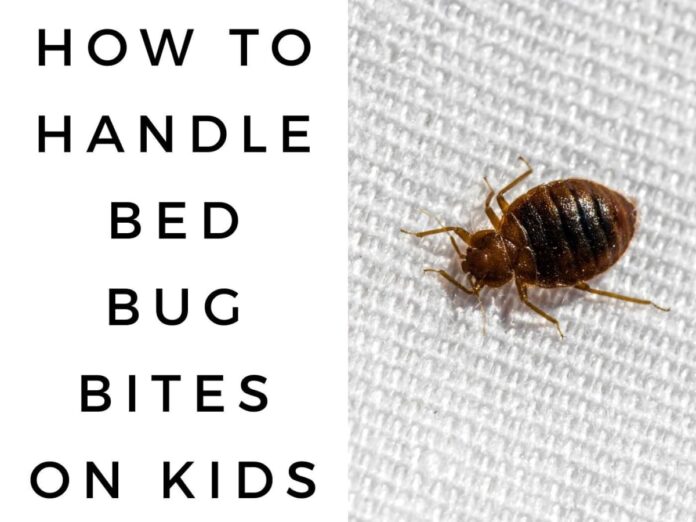
Understanding the Impact: How Bed Bug Bites Affect Children’s Health
Bed bugs have become a widespread issue in many households, infesting everything from mattresses to furniture. While bed bugs are not known to transmit diseases, their bites can have a detrimental impact on the health and well-being of children. In this article, we will explore the various ways bed bug bites affect children’s health and why it is crucial to address this problem promptly.
1. Physical Discomfort:
Bed bug bites can cause intense itching, leading to incessant scratching. Children’s sensitive skin is more susceptible to irritation and inflammation, which can increase the likelihood of infection. Scratching can also cause open wounds, making the child more susceptible to bacterial infections like impetigo.
2. Allergic Reactions:
Some children may be allergic to bed bug bites, causing severe allergic reactions. These reactions can include difficulty breathing, hives, and swelling of the lips, tongue, or throat. Anaphylaxis, a potentially life-threatening allergic reaction, is rare but not unheard of. It is essential to identify and address these allergies promptly to prevent serious health complications.
3. Sleep Disturbance:
Bed bug infestations often lead to disrupted sleep patterns as children may be too uncomfortable or restless to sleep. Lack of sleep can affect a child’s mood, behavior, and overall well-being. Sleep-deprived children may experience difficulties concentrating, learning, and retaining information, adversely affecting their academic and social development.
4. Emotional Distress:
Children are vulnerable to the psychological effects of bed bug infestations. The fear and anxiety associated with bed bugs can lead to feelings of helplessness, stress, and emotional distress. This distress can have long-term consequences, such as the development of anxiety disorders or sleep disorders like insomnia.
5. Secondary Infections:
As mentioned earlier, scratching bed bug bites can lead to secondary infections. Children with weakened immune systems or pre-existing skin conditions, such as eczema, are at a higher risk of developing infections. Bacterial infections, such as cellulitis, can cause redness, swelling, and pain, requiring medical intervention and antibiotics.
6. Social Isolation:
Children may experience social isolation and stigma due to a bed bug infestation. Fear of spreading bed bugs may lead to social exclusion, embarrassment, and difficulties in maintaining friendships. This isolation can further exacerbate the emotional distress experienced by children, affecting their self-esteem and overall mental health.
7. Post-Traumatic Stress Disorder (PTSD):
Severe cases of bed bug infestations can result in children developing PTSD. The constant fear of being bitten, the need for constant vigilance, and the disruption of their home environment can lead to long-lasting psychological trauma. Children with PTSD may experience flashbacks, nightmares, and intrusive thoughts, affecting their daily life and mental well-being.
Prevention and Treatment Options:
To protect children from the impact of bed bug bites on their health, early detection and prompt intervention are vital. Here are some preventive measures and treatment options to consider:
1. Regularly inspect children’s sleeping areas for signs of bed bugs, such as shed skins, dark spots, or live bugs.
2. Encase mattresses and pillows with bed bug-proof covers to prevent infestation.
3. Wash bedding, stuffed animals, and clothing in hot water regularly.
4. Vacuum frequently and dispose of the vacuum bag away from the home.
5. Seek professional pest control services for severe infestations.
6. If bites occur, clean the affected area with mild soap and water. Applying a cold compress can help relieve itching and reduce swelling.
7. If necessary, consult a healthcare professional for appropriate medication to alleviate symptoms or treat infections.
In conclusion, bed bug bites have various adverse effects on children’s health. From physical discomfort to emotional distress, it is important to address bed bug infestations promptly to protect children from these detrimental impacts. By implementing preventive measures, being vigilant, and seeking appropriate treatment, parents can safeguard their children’s health, well-being, and overall quality of life.


















